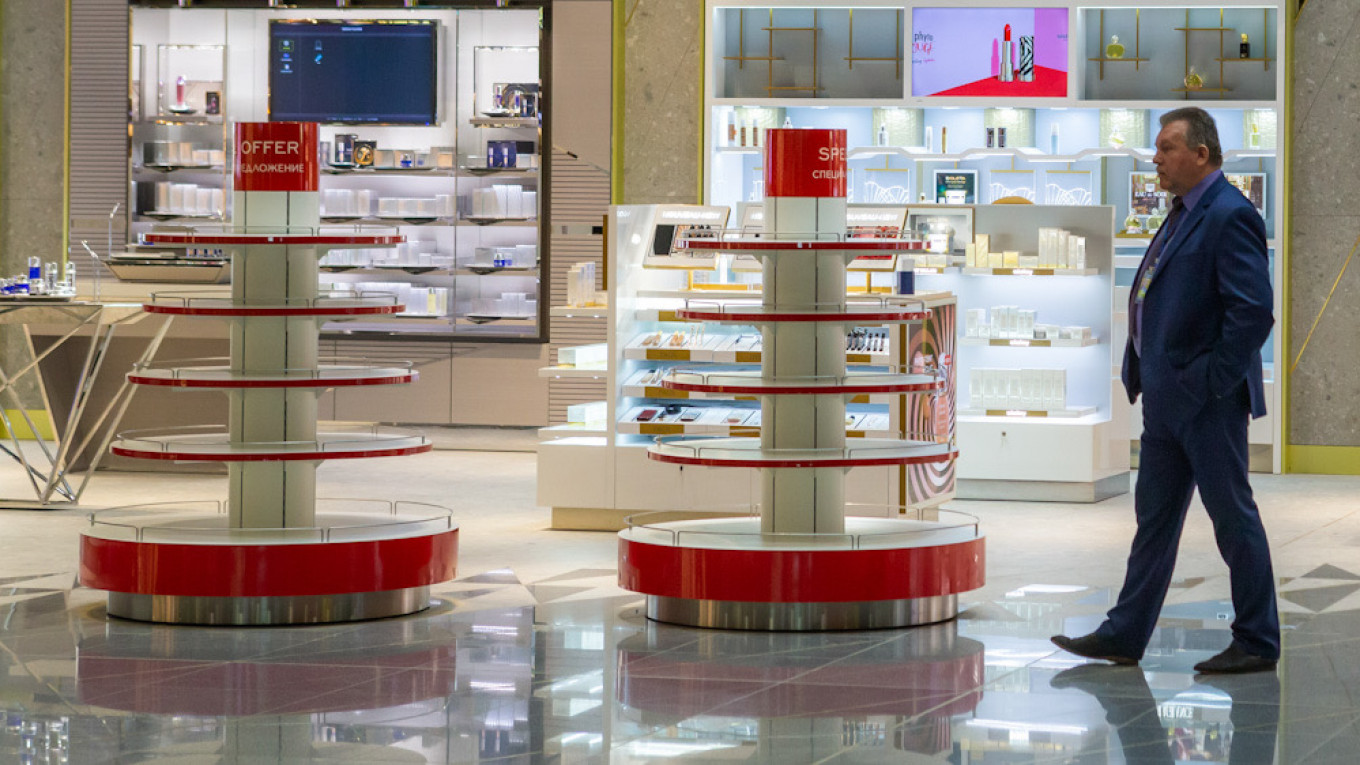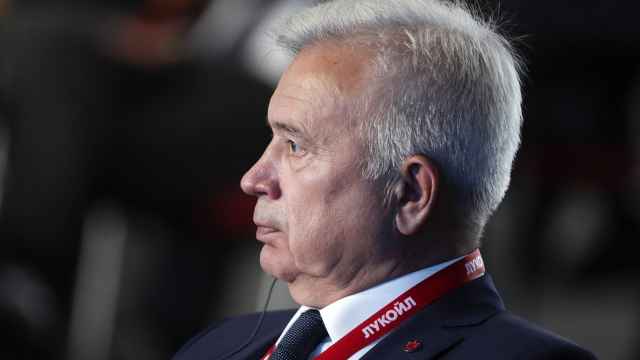Businesses in Russia are still reeling from the effects of the pandemic, a new government survey has shown, with a significant chunk preparing to close their doors or start bankruptcy proceedings.
One in every ten small and medium-sized businesses are already preparing to shut down, according to a survey of around 5,000 of the enterprises conducted by Russia’s business ombudsman Boris Titov, cited by the RBC news site.
A third of those surveyed said their revenues were continuing to fall, despite the easing of most coronavirus restrictions, while just 10% said their turnover had recovered to — or surpassed — pre-pandemic levels.
The country’s small business owners have complained about a lack of government support since the start of the crisis. The Kremlin launched a series of programs including tax deferrals, a bankruptcy moratorium and interest-free loans to help pay employees salaries. But firms said the terms — offering only $165 per employee per month — alongside high rejection rates and bureaucratic hurdles neutered the scheme’s effectiveness.
Less than half of small businesses said they had been able to access any government support during the pandemic. Of those that did, half said it did not help them and that they will struggle to repay the loans, which can be written off if firms maintain employment close to pre-coronavirus levels.
An earlier survey found small firms were twice as likely to have been negatively affected by the pandemic — partly related to the government reserving its most generous support programs for the country’s largest so-called “systemically important” firms. Throughout the pandemic, 60% of small businesses said their turnover had dropped by at least a third.
Ongoing weak consumer demand was the biggest challenge small businesses said they were facing in 2021 — cited by 60% of respondents. Despite the economy performing relatively robustly last year, disposable incomes fell to their lowest level in a decade in real terms, and inflation has accelerated dramatically in recent months, with the government being forced to place price caps on some foodstuffs.
The survey also showed that low consumer confidence and weak business performance may already have developed into a vicious cycle — 45% of small businesses said they had cut their payroll since the start of the pandemic, either letting staff go or cutting wages.
A Message from The Moscow Times:
Dear readers,
We are facing unprecedented challenges. Russia's Prosecutor General's Office has designated The Moscow Times as an "undesirable" organization, criminalizing our work and putting our staff at risk of prosecution. This follows our earlier unjust labeling as a "foreign agent."
These actions are direct attempts to silence independent journalism in Russia. The authorities claim our work "discredits the decisions of the Russian leadership." We see things differently: we strive to provide accurate, unbiased reporting on Russia.
We, the journalists of The Moscow Times, refuse to be silenced. But to continue our work, we need your help.
Your support, no matter how small, makes a world of difference. If you can, please support us monthly starting from just $2. It's quick to set up, and every contribution makes a significant impact.
By supporting The Moscow Times, you're defending open, independent journalism in the face of repression. Thank you for standing with us.
Remind me later.






